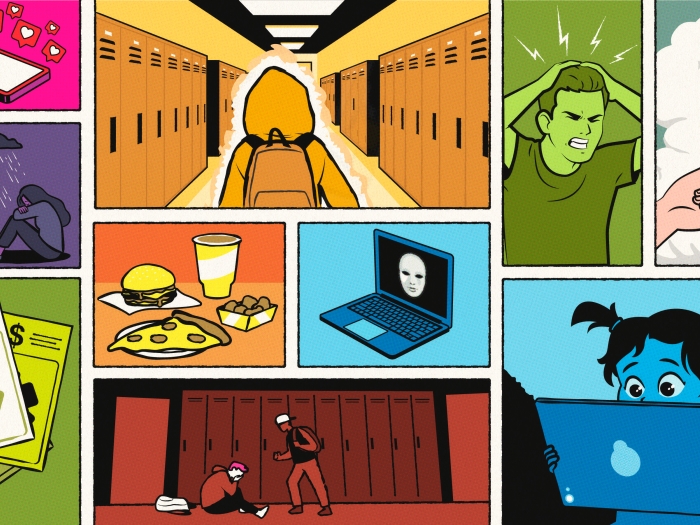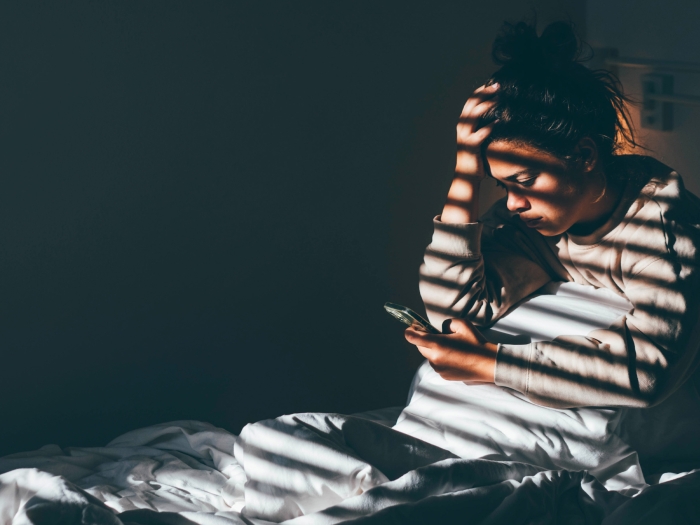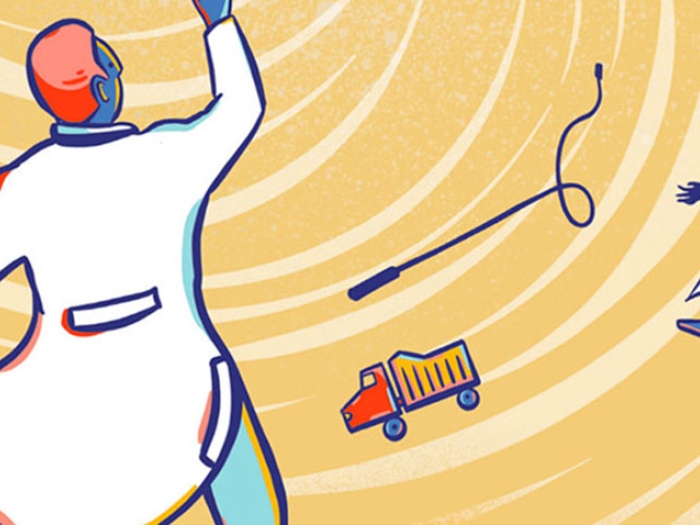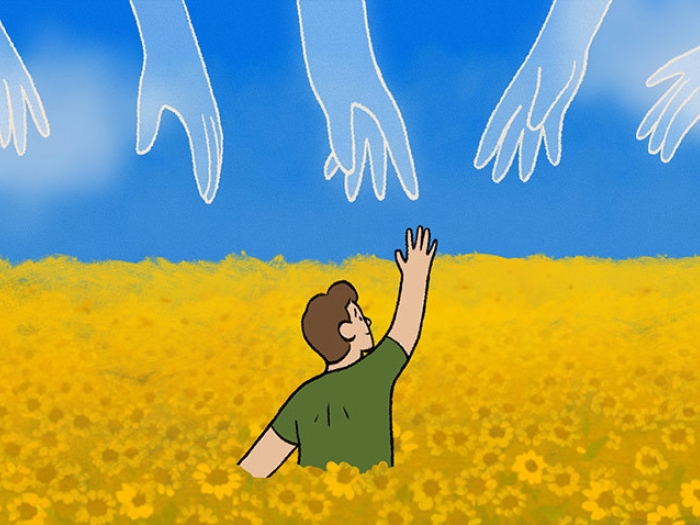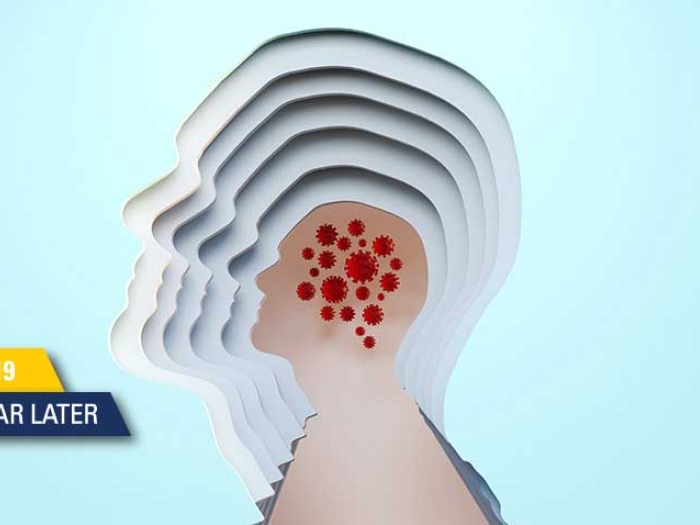Hate hot weather? You might be comforted to know weather-related depression isn’t just a winter thing.
1:00 PM
Author |

With shorter days and cold temperatures that make it tough to absorb much-needed Vitamin D from natural light, the winter months are a common culprit for the blues.
But seasonal depression also can strike in the summer — a time when lounging by the pool or gardening might assumedly boost one's spirits.
"People with a history of depression can have an episode at any time; depression does not run like clockwork," says Michelle Riba, M.D., a clinical professor of psychiatry at the University of Michigan and associate director of the U-M Depression Center.
Seasonal affective disorder most commonly occurs in the late fall to early winter months and ends in the spring. Symptoms include trouble sleeping, weight loss, poor appetite and anxiety.
Riba spoke more about the particulars of summer-onset SAD and offered tips that can help.
How common is summertime SAD?
Riba: Having seasonal depression in the summer is not as common as wintertime depression, but mental health professionals do see it. For people who have been diagnosed with bipolar disorder, manic episodes peak in spring and summertime.
There are some specific triggers associated with it, including:
Schedule changes: People with seasonal occupations, such as teachers, may feel out of sorts due to loss of structure in the summer. Even slight changes in schedule can impact mental health. For office workers, workflow might change. If other people are out, you may be doing extra work to compensate.
Vacations: Typically, you think of vacations as relaxing and calming, but for some people they can cause a lot of anxiety and stress. You may worry about spending too much money while on vacation — and being with certain family members could be difficult or stressful.
Psychosocial issues: Has there recently been a divorce in the family? Children and parents might be shuffling from one place to another, which can cause a lot of stress.
Daylight patterns: Sometimes, longer summer hours can throw people off. Sleep schedules may be impacted.
Social events: With more social events taking place in the summer, there are more opportunities to attend barbecues or other gatherings where alcohol is typically served. Drinking too many alcoholic beverages can contribute to feeling depressed.
What are some ways to help improve mood?
Riba: First, assess one's history of seasonal depression. Are summer vacations showing mood stabilization or do they tend to cause changes? Being aware of such potential changes can help you better manage them.
Next, think about how to prevent a recurrence. People are typically thrilled when school is out for the summer and then get a pit in their stomach when they think about going back in the fall. It is important to think through these situations and consider mood triggers, and try to stop a problem before it starts.
Finally, make an appointment to see a mental health professional if you experience a change in mood for two weeks or longer.

Explore a variety of healthcare news & stories by visiting the Health Lab home page for more articles.

Department of Communication at Michigan Medicine
Want top health & research news weekly? Sign up for Health Lab’s newsletters today!
